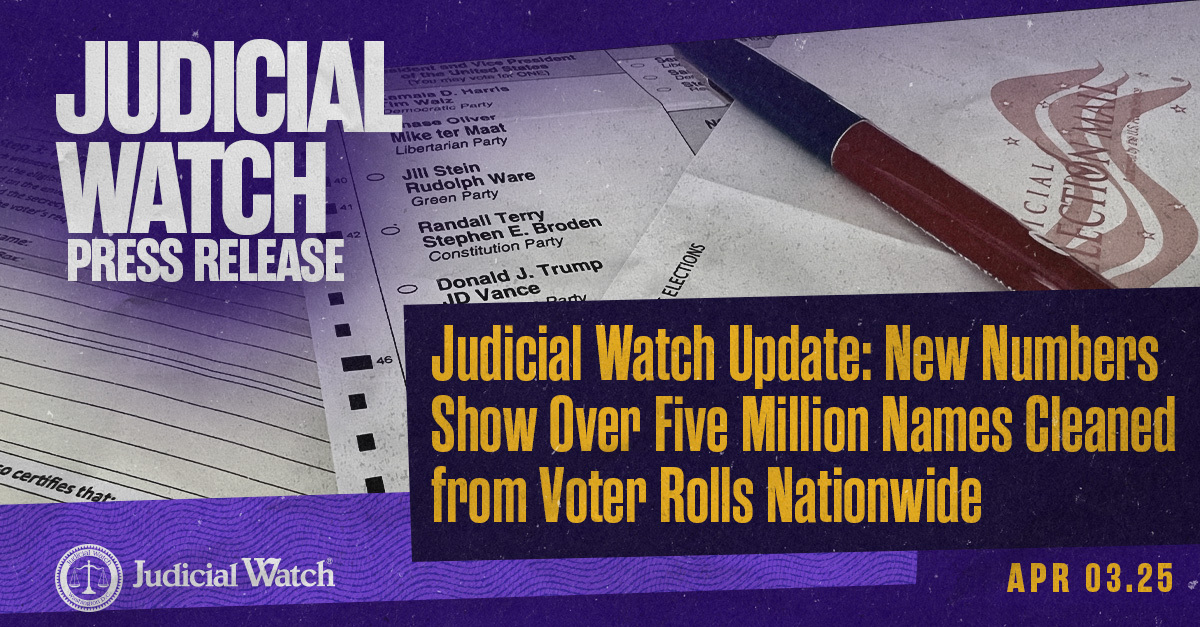
U.S. Gives Rich Companies Billions For Overseas Ads
Enraging examples of government blowing taxpayer dollars abound, but this could easily take the cake; Uncle Sam has spent north of $2 billion to subsidize the advertising costs of wealthy private American companies and trade groups overseas.
In the meantime, the U.S. economy has amassed a record $15.6 trillion debt while the firms benefitting from publicly-financed ads have seen their profits grow immensely. Among them are some of the country’s biggest brand names and most profitable trade associations. They include Welch’s, Sunkist, Blue Diamond and the multi-billion-dollar California wine industry.
Under a little-known initiative called Market Access Program (MAP) the U.S. government uses tax dollars to help them promote their private market goods to foreign buyers. As unbelievable as this may seem, it’s all laid out in a report (appropriately titled “Treasure Map: The Market Access Program’s Bounty of Waste, Loot and Spoils Plundered from Taxpayers”) released this week by an Oklahoma senator who’s calling for much-needed reform.
The question, of course, is why has it taken so long for an elected official to question this deplorable program? In 2012 alone, the businesses got more than $6 million from the government for overseas product promotion, the report says. It’s not like they’re hurting and need the public assistance. These are established, big-time firms that combined make billions of dollars in sales. Yet the American public paid for promotional ads such as reality television shows in India, wine tastings for foreign journalists and pet food and shampoo commercials.
Here is a breakdown of some of the report’s key findings; one of the world’s largest fruit sellers, Sunkist Growers with annual sales exceeding $1.2 billion, has received $34.1 million since 1999 for overseas advertising. California raisin growers got $31.7 million since 1998 to promote their product internationally and Blue Diamond Growers, the world’s largest almond producer, got more than $28 million during the same period. A reality television fashion and design show in India got $20 million to promote cotton.
Even the nation’s profitable candy and liquor companies get cash from the government to promote their products abroad via their respective trade groups. The National Confectioners Association, which includes Hershey’s, Godiva and Mars (Snickers, M&Ms) has received more than $14 million in the past decade, including $1.3 million in 2012. The country’s liquor trade group, Distilled Spirits Council of the United States (DISCUS), gets around $200,000 annually to court importers, nightclub owners and bartenders in Russia, the Czech Republic, China, India, South Korea and Brazil.
















